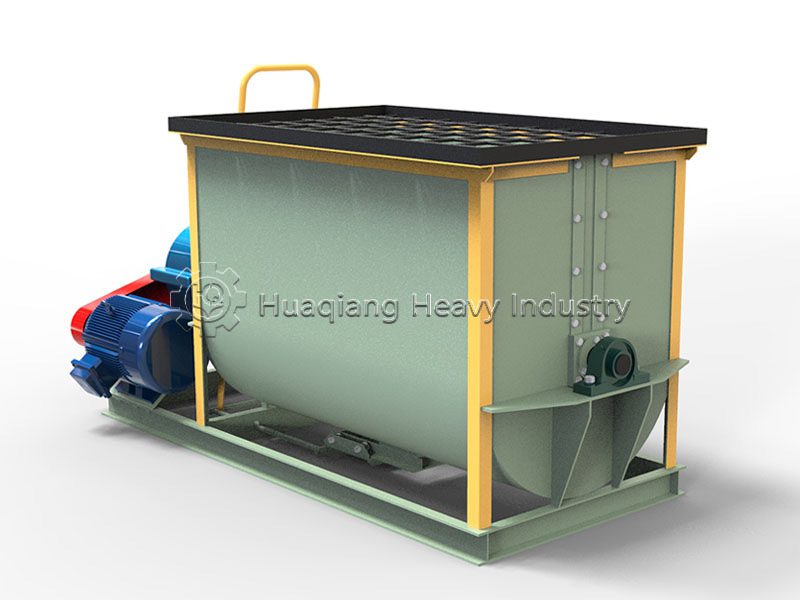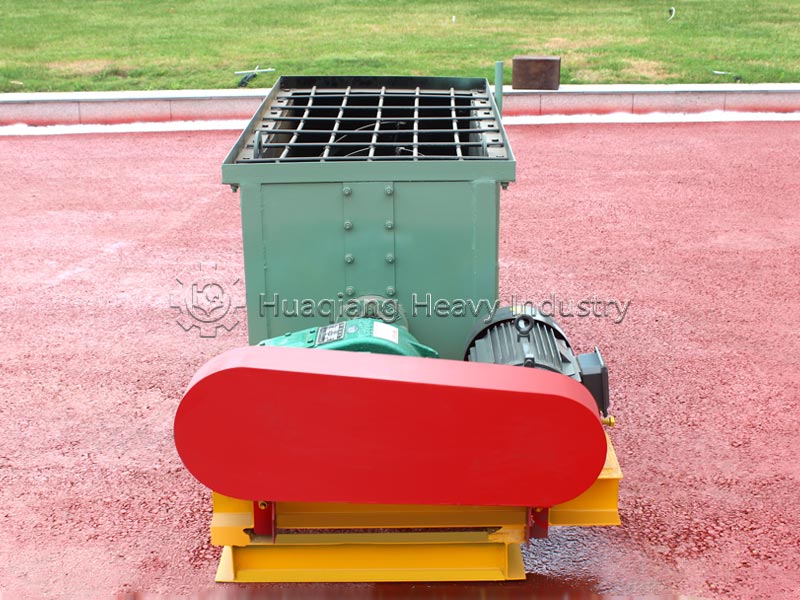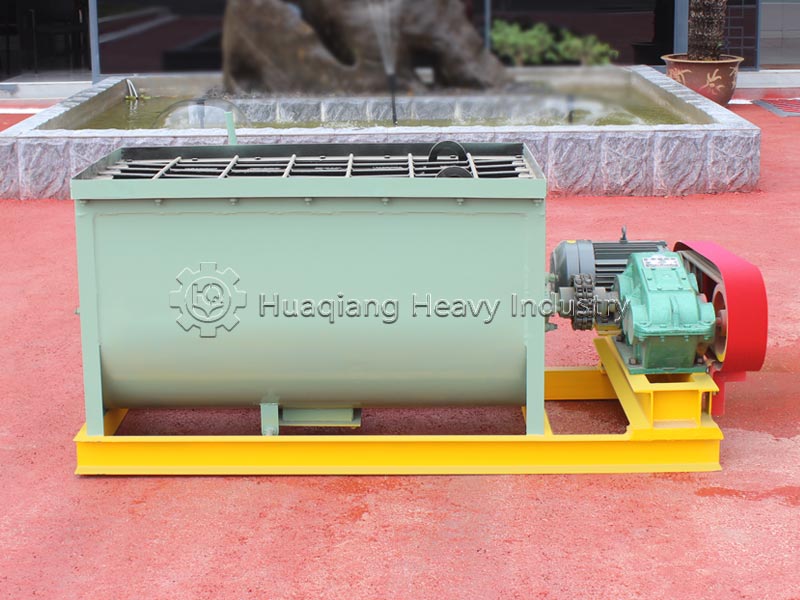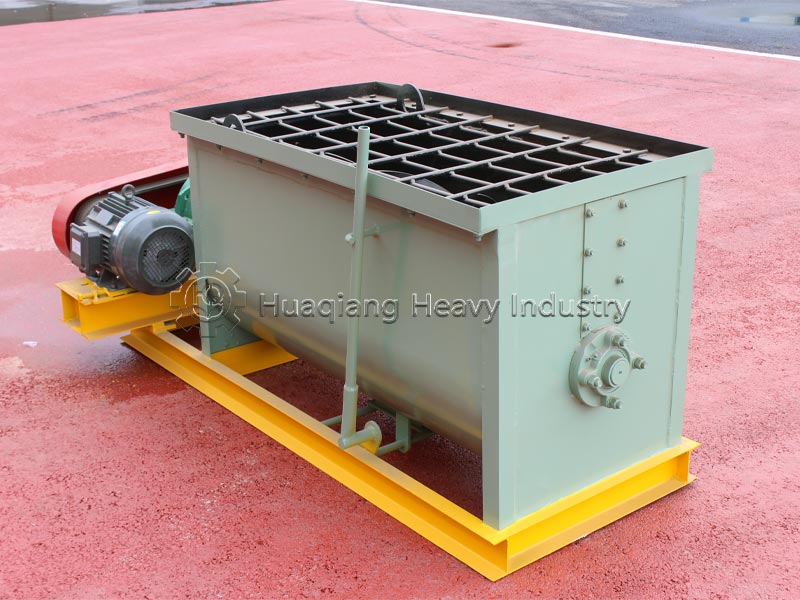

Horizontal Mixer
Horizontal Mixer
Horizontal mixer is a material mixing equipment widely used in industries such as chemical, pharmaceutical, food, building materials, etc. Its main feature is that the mixing container is horizontally arranged, which can effectively handle the mixing of large capacity, high viscosity or materials containing solid particles, especially suitable for mixing operations that require long-term mixing or high uniformity.
Equipment Structure And Composition
The structure of a horizontal mixer mainly includes the following parts:
Mixing drum: horizontally arranged, usually cylindrical or U-shaped, used to hold materials and perform mixing operations.
Mixing device: located inside the mixing drum, including the mixing shaft and the mixing blades installed on it. Common mixing blades include paddle type, spiral belt type, spiral belt type, etc., which should be selected according to the material properties and mixing requirements.
Drive system: including motor and reducer, providing power for the mixing device to ensure stable rotation of the mixing shaft.
Inlet and outlet: The inlet is used for adding materials, while the outlet is used for discharging mixed materials.
Sealing device: used to prevent the leakage of materials or dust during the mixing process, while protecting the interior of the equipment from external environmental influences.
Rack and support: Provide overall support to ensure stable operation of the equipment.
Working Principle
The working principle of a horizontal mixer is based on the rotation of the mixing device inside the mixing drum, and the mixing of materials is carried out through the mixing blades:
Feed: The material is added to the mixing drum from the feed inlet.
Mixing: The motor drives the mixing shaft to rotate, and the mixing blades push the material towards various corners of the mixing drum during the rotation process, while uniformly mixing the material through shearing, diffusion, convection, and other effects.
Discharge: The uniformly mixed material is discharged from the discharge port. Some equipment is designed with discharge valves or screw conveyors to facilitate the control of material discharge.
Equipment Features
High mixing uniformity: Due to the design of the mixing blades and the horizontal arrangement of the mixing drum, sufficient mixing of materials can be achieved, making it suitable for operations that require high uniformity mixing.
Wide applicability: capable of handling materials with high viscosity and solid particles, suitable for various industries and materials.
Large capacity: The horizontal design allows the mixer to have a large capacity, making it suitable for large-scale production.
Easy to clean and maintain: The horizontal arrangement of the mixing drum and the detachable mixing blade design make cleaning and maintenance work more convenient.
Good sealing performance: Using efficient sealing devices can prevent material leakage and ensure a clean production environment.





